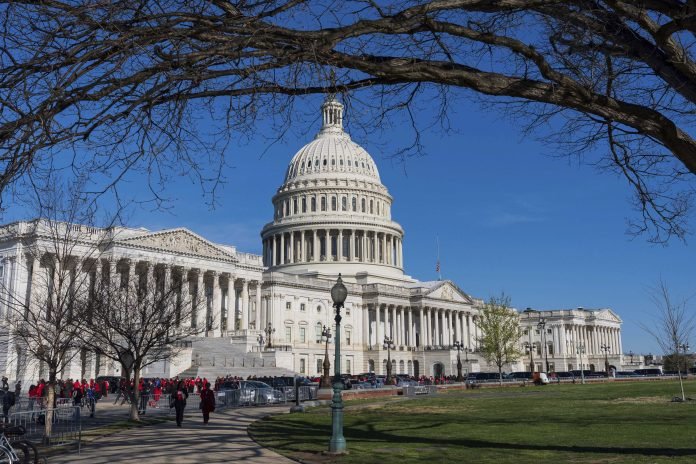Republican plans to eliminate funding for the Consumer Financial Protection Bureau (CFPB) and roll back other post-2008 financial reforms suffered a significant blow Friday after the Senate parliamentarian flagged the proposals as procedural violations under the Senate’s strict Byrd Rule.
The ruling comes as part of a broader review of President Donald Trump’s sweeping new tax and spending bill, which aims to extend his 2017 tax cuts, fund national security initiatives, and slash federal safety net programs. The parliamentarian’s guidance may force GOP leaders to remove some of the most controversial provisions from the package — potentially jeopardizing support from conservative lawmakers.
Key Findings from the Parliamentarian
The parliamentarian deemed several provisions from the Senate Banking Committee out of compliance, including:
- Zeroing out the CFPB budget, projected to save $6.4 billion
- Limiting the Financial Research Fund, a move to save $300 million
- Transferring oversight powers from the PCAOB to the SEC, terminating positions worth $773 million in savings
- Changing Federal Reserve employee pay schedules, estimated to save $1.4 billion
- Rolling back emissions standards in the Inflation Reduction Act
These measures were all ruled to violate the Byrd Rule, which bars non-budgetary policy changes from being included in reconciliation bills — the process the GOP is using to pass the package by simple majority vote, avoiding a filibuster.
Reactions from Key Lawmakers
Sen. Tim Scott (R-SC), chair of the Senate Banking Committee, said Republicans remain committed to cutting “wasteful spending” at the CFPB and plan to keep working with the parliamentarian on revised provisions.
In contrast, Sen. Elizabeth Warren (D-MA), the CFPB’s original architect, called the ruling a major victory for consumer protection:
“These GOP proposals are a reckless, dangerous attack on consumers… they would lead to more Americans being tricked and trapped by giant financial institutions.”
The Road Ahead
While the parliamentarian’s rulings are technically advisory, they are rarely overruled and carry significant weight. If the Senate GOP cannot restructure its proposals to meet Byrd Rule criteria, the provisions will need to be stripped from the final bill or face a 60-vote threshold to pass — a highly unlikely outcome in the narrowly divided Senate.
Republicans are pushing to meet a July 4 deadline to pass the multi-trillion-dollar package, which includes:
- $4.5 trillion in extended tax cuts
- $350 billion in defense spending
- $1 trillion in cuts to Medicaid, food stamps, and other welfare programs
- Net additions of $2.4 trillion to the deficit, and projected loss of health coverage for 10.9 million Americans (per the Congressional Budget Office)
The parliamentarian is expected to weigh in next on GOP efforts to define the budget’s baseline using “current policy” rather than “current law” — a distinction that could further complicate efforts to meet fiscal compliance requirements.























Discussion about this post